I first started running races after college. When I met my husband, it became a social thing we did with our friends—we would try to find a marathon in a city we all wanted to visit. We did San Francisco, D.C., and New York City twice. In 1996, I completed the 100th anniversary of the Boston marathon while I was four months pregnant. Today, my son loves to tell people that he ran a marathon.
After that, I continued to run shorter distances—5Ks and 10Ks—in the Bay Area where I live. I had an achilles rupture in 1999 that took nine months to recover from, but I continued trail running and racing for mental health and to keep moving.
In my early 50s, I started to notice a difference in my ability to gain strength and muscle, plus increased fatigue and brain fog—all symptoms of menopause. I had always been strong, but the same exercise routine wasn’t working for me anymore. I felt like running was harder on my body, and I didn’t think more marathons were in the cards for me.
About a year ago, I finally started hormone replacement therapy, which I’d been on the fence about for years. It’s expensive and it was hard to find a practitioner I trusted, but I finally found the right formula for me, and after about three months, I started getting muscle strength back.
Being strong again in my 60s has made a huge difference in how I approach life.
When my 24-year-old daughter Maggie asked me to run the New York City marathon with her, I decided to focus on the opportunity and not my limitations. It will be Maggie’s first marathon and my first in almost 30 years, and I’m so excited to be running it together. We’re running for the Special Olympics, an organization that our family has been involved with for more than 15 years.
Maggie lives in Chicago and has been working in Lisbon for a couple of months, so we’ve been doing most of our runs on our own, but I’m meeting her in Athens for our last long run—20 miles!
Our coach, Lisa Felder, is an ultramarathon runner at 77 years old, and helps us stay on track with training by helping us plan our runs and nutrition. (In the image above, she's in between my daughter and I.) She gives us weekly schedules and fuel plans for pre-run, mid-run, and post-run. It’s been really inspiring to have this intergenerational support.
It’s true that training is different than it was when I ran my last marathon 27 years ago.
When I trained in my 20s and 30s, I ran five to six days a week with a little strength training. At 62, my body needs extra support, and I put more thought into sleep, hydration, and nutrition. I’m taking days off, running three days a week instead of five, and I’ve incorporated Pilates reformer classes and strength training twice a week to strengthen and stabilize my muscles.
I’m taking supplements including vitamins B and D, magnesium, and omega-3 fish oil. I focus on lean protein, veggies, and fruit in my diet, and I try to get lots of sleep and stay hydrated. I take a lot of time foam rolling and stretching and listening to my body. It takes more time, but it’s all an investment in long-term health.
I think it’s so important to see older women living full, rich lives.
The narrative for older women can be really limiting, but that perception of aging doesn’t match the reality. I am working on changing this every day with my Celebrate the Gray collective, a mission-driven creative agency for and about the 50+ woman. We work with brands to understand the importance of inclusion, visually and narratively, and to make sure products work for their target audience.
So many older women attach their abilities to their age, and not their true capability.
If you didn't know how old you were, what would you do differently? Would you live your life differently? Being afraid of a goal but figuring out how you can reach it is really powerful. Take it in small steps.
I’ve realized that I can still do the sports that I love, I just need to take it at my own pace and be thoughtful about putting resources in place to set myself up for success. Running a marathon was not a possibility in my mind two years ago, but I’ve just been chipping away at it. I started training just wanting to finish, and now I’m thinking about what time I can finish in. If I run it in 4:20, I could even qualify for Boston.










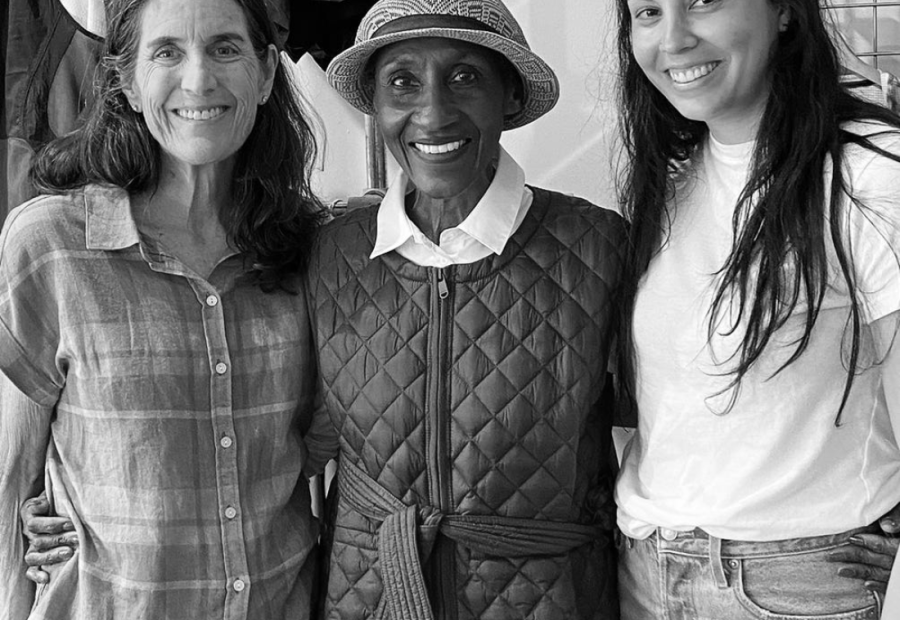
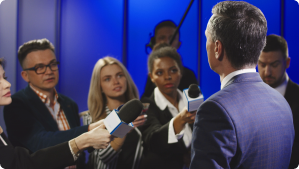


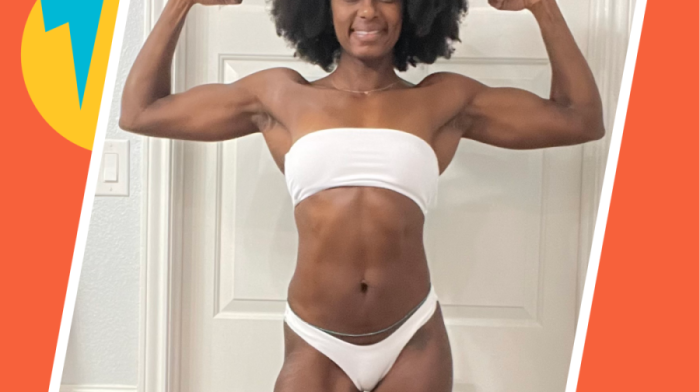
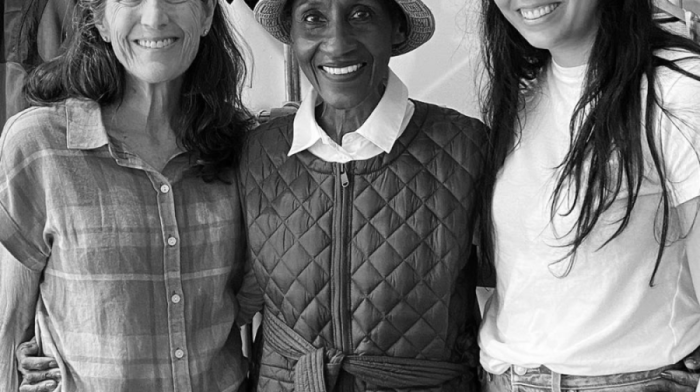
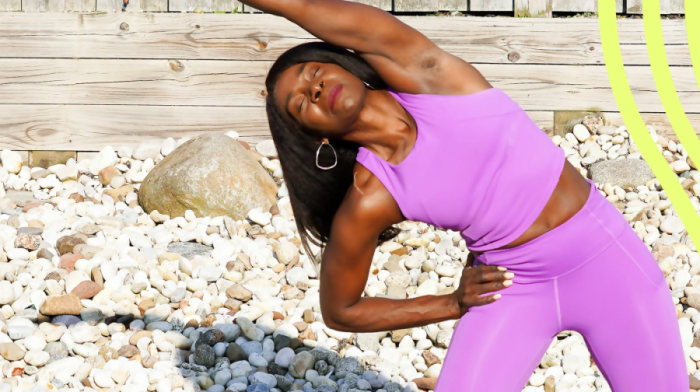

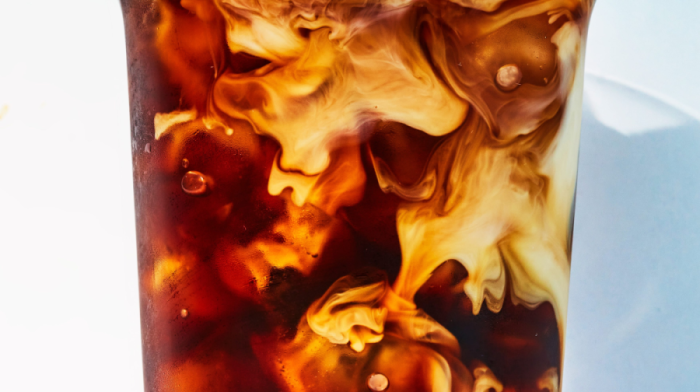
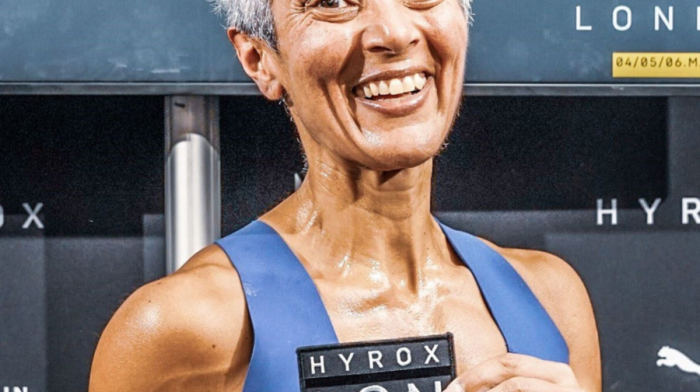
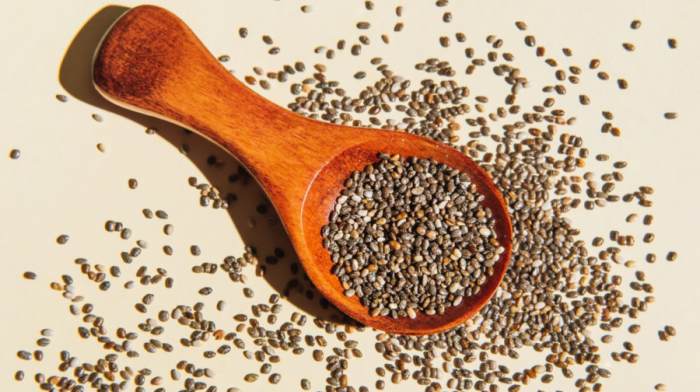

Comments (0)